Union Minister for Petroleum and Natural Gas Hardeep Singh Puri said on Tuesday said that India’s petroleum and energy sector is entering a transformative phase that will redefine its position in the global energy landscape. Highlighting the sector’s rapid expansion and policy-driven innovation at the inaugural session of the Energy Technology Meet in Hyderabad, Puri said, India is set to become a global refining and energy hub, playing a pivotal role in shaping the world’s energy future. The Minister noted that while the global energy market is projected to grow at a slower pace—with many refineries facing closure – India remains a bright spot, expected to contribute nearly 30-33% of global energy demand growth in the coming decades. “Our energy journey reflects remarkable progress, driven by visionary policy frameworks, innovation, and sustained investment,” he said.
India’s refining capacity, currently around 258 million metric tonnes per annum (MMTPA), is expected to increase to 310 MMTPA by 2030 and further scale up to 400-450 MMTPA in the long term. This expansion, Puri said, would place India among the top three refining hubs globally, especially as nearly 20% of global refining capacity—over 100 refineries—is expected to shut down by 2035. Puri highlighted India’s achievements in ethanol blending, noting that the country achieved 10% blending five months ahead of schedule in 2022, and has now advanced the 20% target from 2030 to 2025–26. “India’s strong policy support and innovative approach have enabled such accelerated progress,” he added.
India is already the fourth-largest refining nation and among the top seven exporters of petroleum products, exporting to over 50 countries with export earnings exceeding USD 45 billion in FY 2024–25. The refining sector contributes nearly one-fifth of national revenue, supported by both public and private sector enterprises. Domestic petroleum consumption, which was about 5 million barrels per day in 2021, has now increased to 5.6 million barrels per day and is expected to touch 6 million barrels per day soon, propelled by India’s robust economic growth and rising per capita income.
Highlighting progress in green hydrogen, Puri said that recent tenders by IOCL and HPCL have helped reduce hydrogen prices from around USD 5.5/kg to USD 4/kg, bringing the fuel closer to commercial viability. Green hydrogen, natural gas, and biofuels, he said, will form the three pillars of India’s clean energy transition, supported by the Global Biofuels Alliance to promote international biofuel trade and the use of Sustainable Aviation Fuel (SAF).
.jpg)
 Newsinc24 Team
Newsinc24 Team 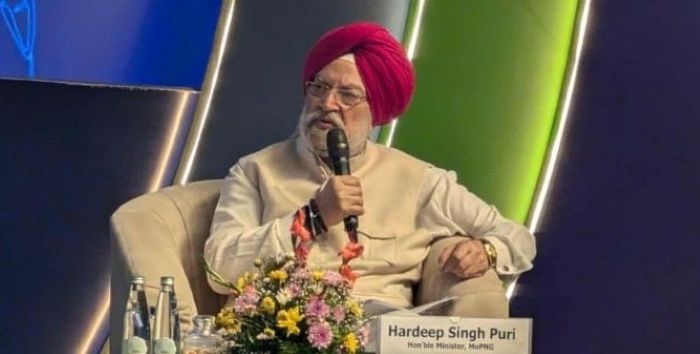
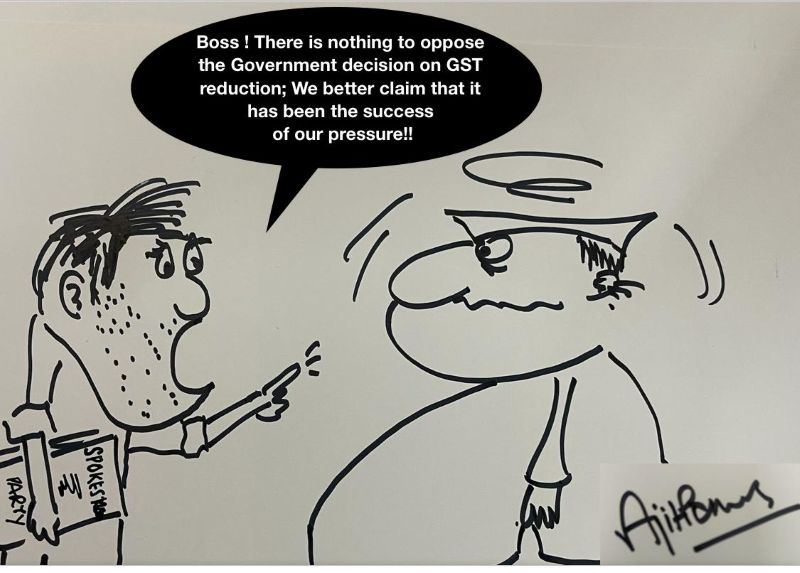


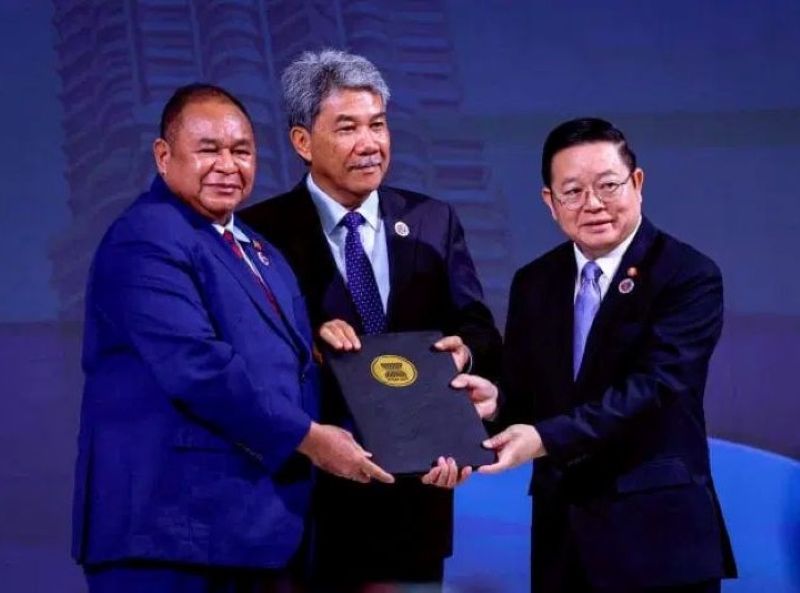





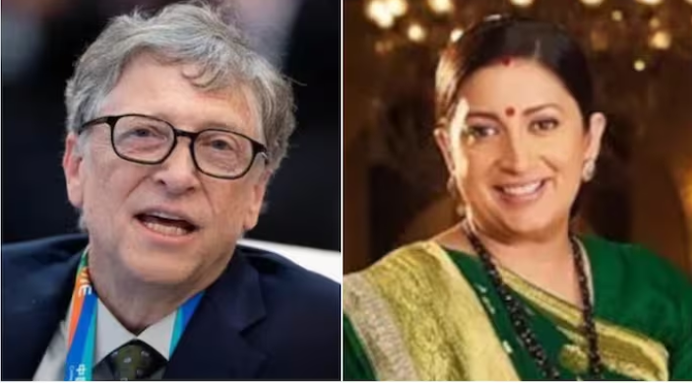


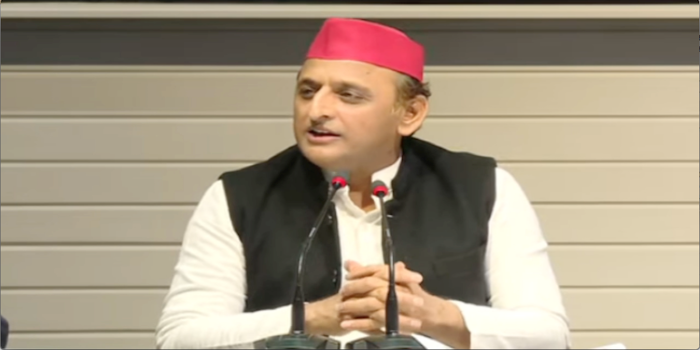

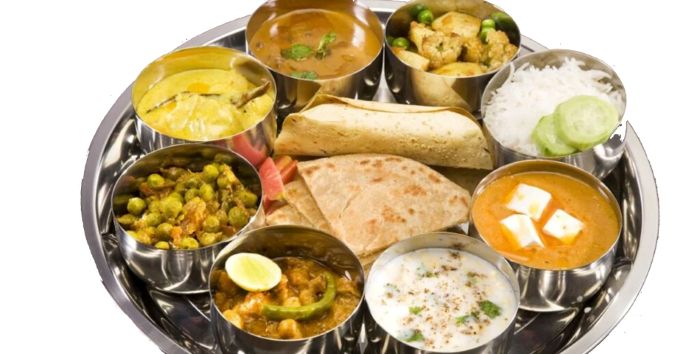


Related Items
India, China agree to maintain peace, stability along LAC in Ladakh
Canada: Bishnoi gang claims killing of India origin Industrialist
Pakistan accuses Kabul of being India's puppet, vows revenge